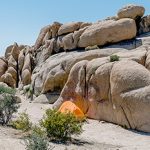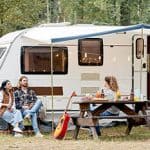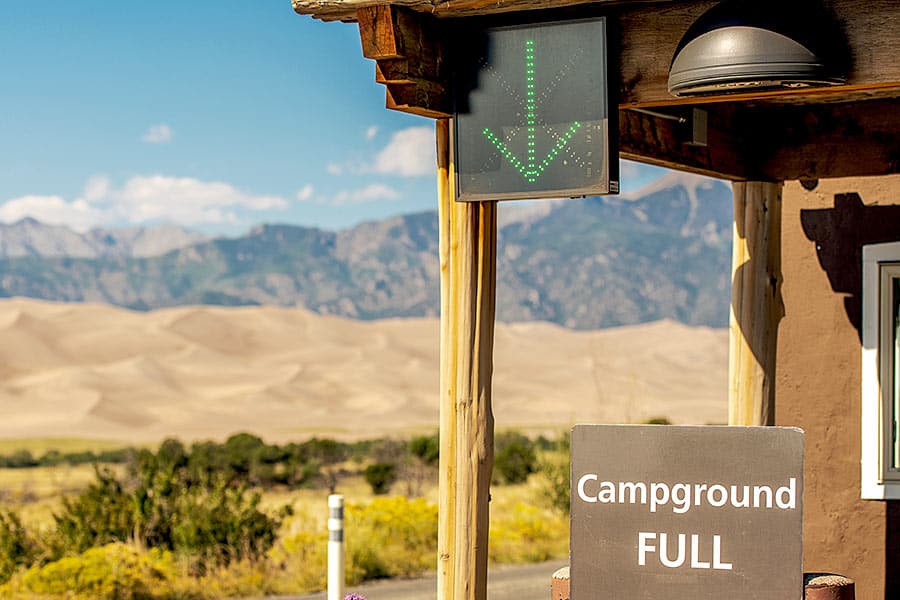
Few things are as appealing as the idea of unplugging from the everyday grind and immersing oneself in the tranquility of nature. For some, camping offers just that – an escape to a place where the calm of the forest or seaside replaces the humdrum of routine.
But with camping’s rising popularity, finding a campsite can be more challenging than ever. So the question arises – do I need to reserve in advance? In this post, we’ll explore some key factors to consider when deciding whether to book ahead and how far you need to reserve ahead so that your next trip is as enjoyable and stress-free as possible.
Reserving a Campsite in Advance
If you plan to embark on a trip to a popular destination or during peak season, it’s important to know the benefits of reserving your campsite in advance. Here are some key reasons why this is highly recommended:
1. Avoid Disappointment
While some may argue that spontaneity is part of the fun when it comes to camping, there’s no denying the fact that reserving a site in advance can save a lot of disappointment in the long run. Unfortunately, as more and more people discover the joys of camping, spots are often fully booked well in advance, leaving little to no availability for those who decide to show up on the day.
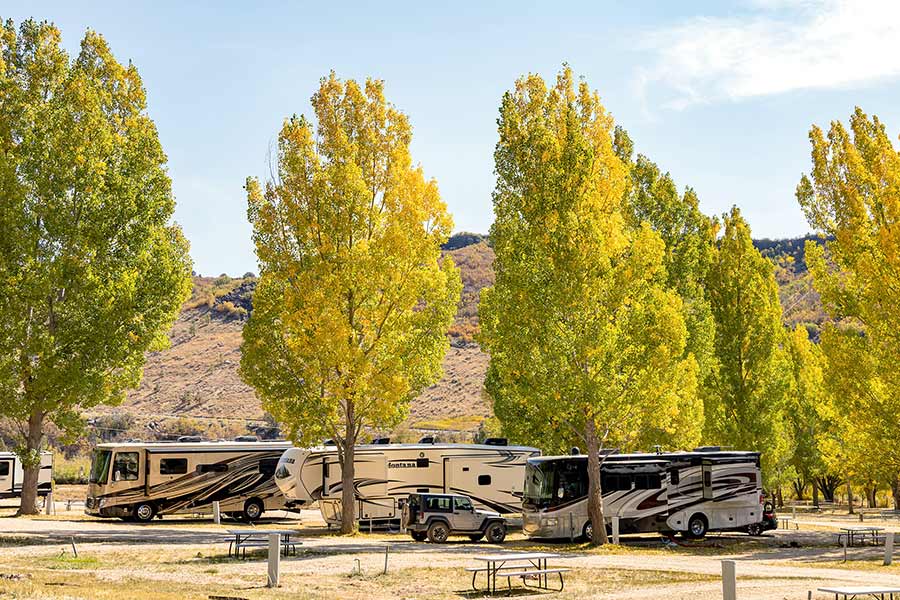
By reserving ahead, you can secure a spot at your preferred location to be sure that you have a place to set up your tent, park your RV, or sleep under the stars. Moreover, booking ahead allows you to choose the best available site, whether you prefer a spot with a stunning view, a location close to the beach, or one with easy access to hiking trails.
Overall, while spontaneity does have its place, if you’re planning a trip during peak season or to a popular destination, reserving in advance can help you avoid the disappointment of arriving only to find that there are no spots available.
2. Better Campsite Selection
In addition to avoiding disappointment, reserving in advance can also lead to a better selection. With prior reservation, campers have far more control over the location of their site. If you turn up without a reservation, the likelihood is that the sites with better views or amenities may already be taken, leaving you with fewer desirable choices or even no spots available.
On the other hand, by reserving a site in advance, you can choose from a wider range of sites and secure the one that best fits your unique needs, preferences, and priorities. To help you know what you are getting, most campgrounds will have a map on their site, allowing you to see where you are reserving and what it is close to.
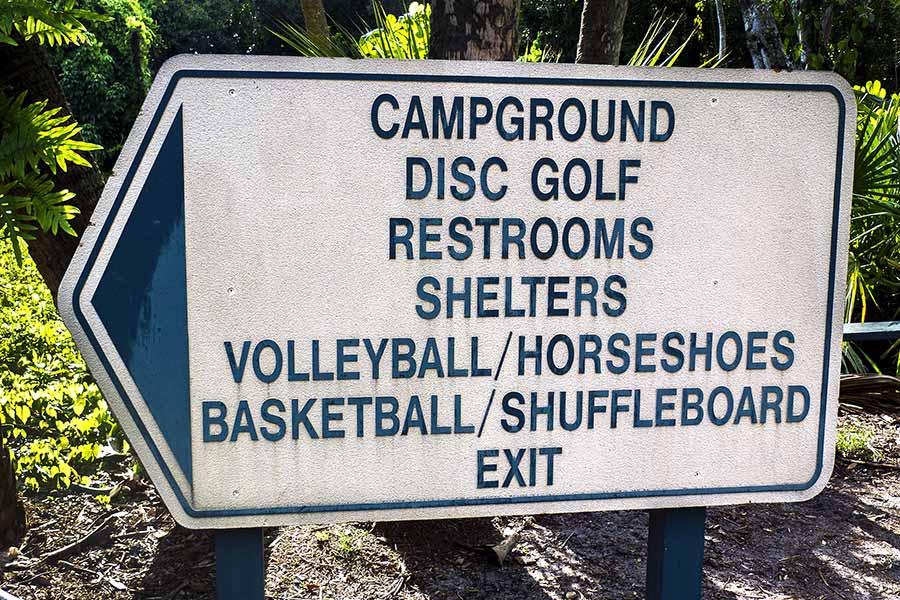
For example, if you’re with family, you might benefit from seeking a site with plenty of shade, near restrooms, and proximity to kid-friendly activities. On the other hand, if you’re a sun worshipper or stargazer, you may opt for a campsite with a clear view of the sky.
By reserving ahead, you can compare the characteristics of several sites, like size, distance to amenities, accessibility, and more, before settling on the one that suits you best. Thus, reserving ahead can help you get the most out of your trip by tailor-fitting a campsite to your preferences. In addition, you can even compare campgrounds to see which one best meets your needs.
Other Posts of Interest
- How Loud Can A Generator Be In A National Park?
- What Vans Can You Stand Up In?
- The 8 Best Vans You Can Camp In
- How Do Truck Tents Work? (Plus 5 Options You Should Consider)
3. Convenience
In addition to better selection, reserving a site in advance can be more convenient than winging it. You won’t need to wonder where you’re going when you have a reservation. Instead, you can go straight to your designated location and begin setting up camp unless you are required to check in.
Reservations also allow you to plan the rest of your trip with greater ease. Knowing exactly where you will camp and when can help identify other activities to participate in, supplies you need to bring, and the nearest markets to stock up on essentials. In short, reserving a campsite in advance provides structure to your plans and makes it easier for you.
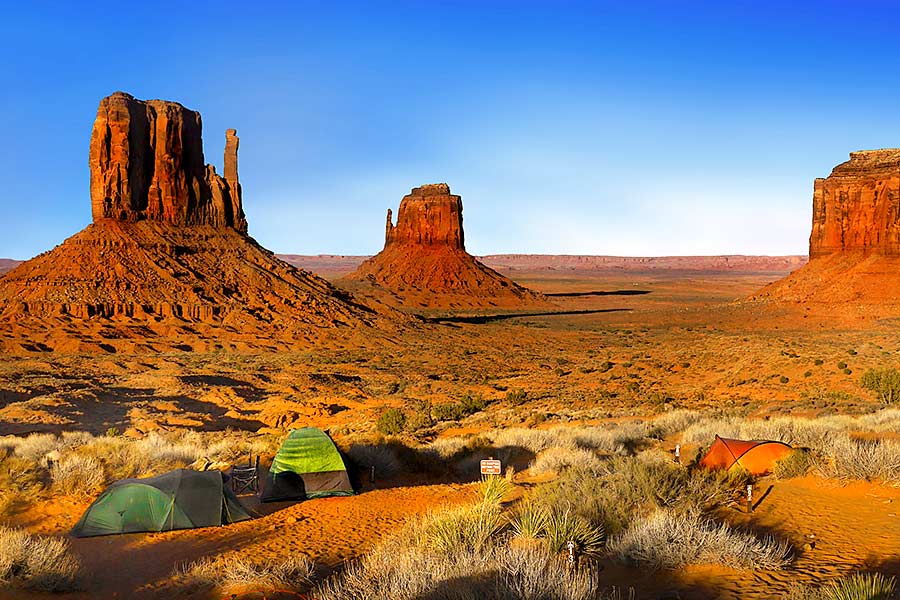
Furthermore, some national parks and campgrounds require reservations as part of their effort to optimize visitor experience and minimize overcrowding. While spontaneity may be fun, reserving a campsite adds convenience and removes aggravation from your camping experience.
4. Saves Time
Reserving a campsite in advance can also help you save valuable time on your trip. Without a reservation, you may find yourself driving around the area in search of an available spot, which can take hours and even the whole day. On the other hand, by reserving ahead, you’ll know exactly where to go and can head directly to your site without wasting any time.
Not only that, but reserving a campsite means you can arrive at the park at your leisure, without worrying about getting there early to secure a spot. Instead, you can take your time, enjoy the journey, and make pit stops, without feeling rushed or pressured.
Furthermore, reserving ahead can also help save time spent on research. Instead of sifting through websites, asking around, or browsing social media to see where people have been camping, you can use park websites to scout which campsites are available and view their amenities, maps, and site photos. This helps you save time and keeps you from booking sites that may not have what you need or want.
In brief, reserving a site in advance can give you time to enjoy the natural surroundings and explore the area rather than trying to find one when you arrive.
How Far in Advance Should Campsites Be Reserved?
The ideal time to reserve a campsite depends on several factors, like peak season, location, popularity, and more. As a rule of thumb, sites for peak season and popular destinations should be secured several months in advance. On the other hand, ones at less popular parks or off-season camping can often be reserved with shorter notice.
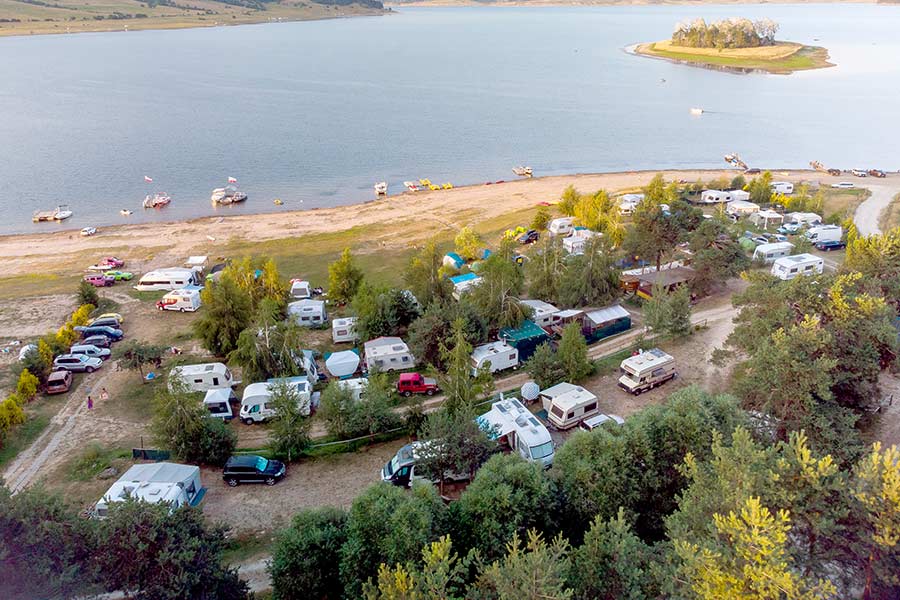
For popular national parks and recreation areas, campsites can book up several months to a year in advance, mostly during summer months, holidays, weekends, or when a festival/event is nearby. As sites are limited in number, you’ll want to reserve earlier to secure your preferred spot.
Reserving sites with just a few days or weeks of lead time is possible for less popular parks or midweek. Additionally, some campgrounds may still hold a few campsite spots on a first come, first served basis. However, first come, first served camping has a greater risk of last-minute rejection or limited options.
So, determining whether to reserve in advance depends on a few factors, like personal preferences and circumstances. For instance, booking your campsite in advance is essential to avoid disappointment if you’re embarking on a camping trip during peak season or to a popular location. In contrast, if you are flexible with your plans and don’t mind taking some chances, then spontaneous camping could be an excellent option for you.
Don’t Risk It
In summary, reserving a campsite in advance is a must-do when planning a camping trip to have everything go off without a hitch. Start by researching, identifying availability, and clearly understanding your specific needs. Then, book through park or campground websites or online booking sites, and include all required details during the reservation process. Following these simple steps can make your trip a relaxing, enjoyable, and memorable experience.




